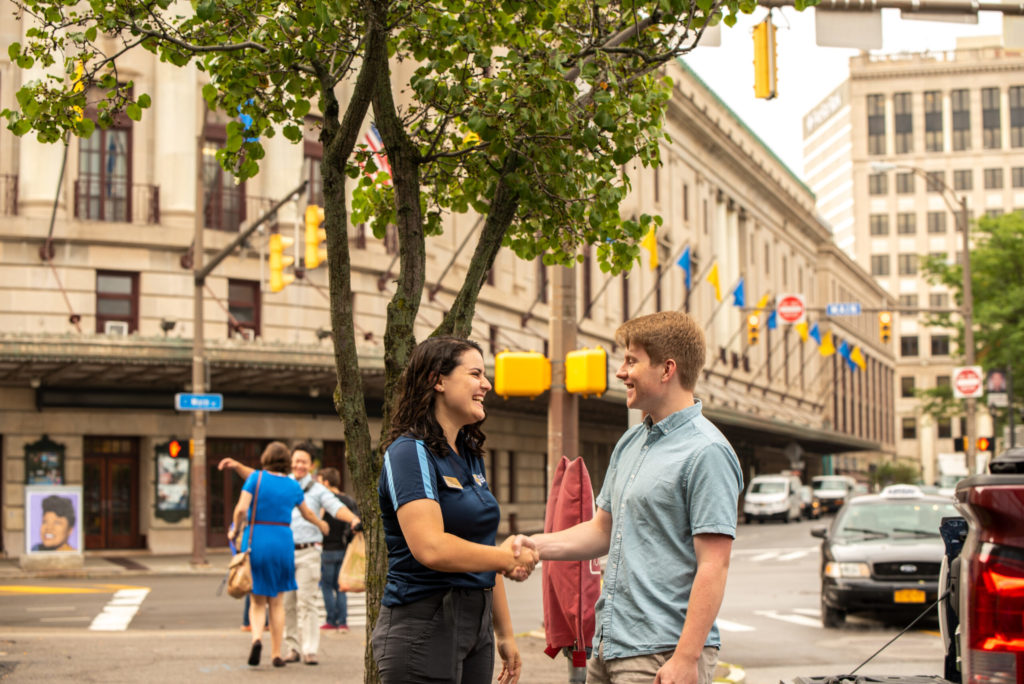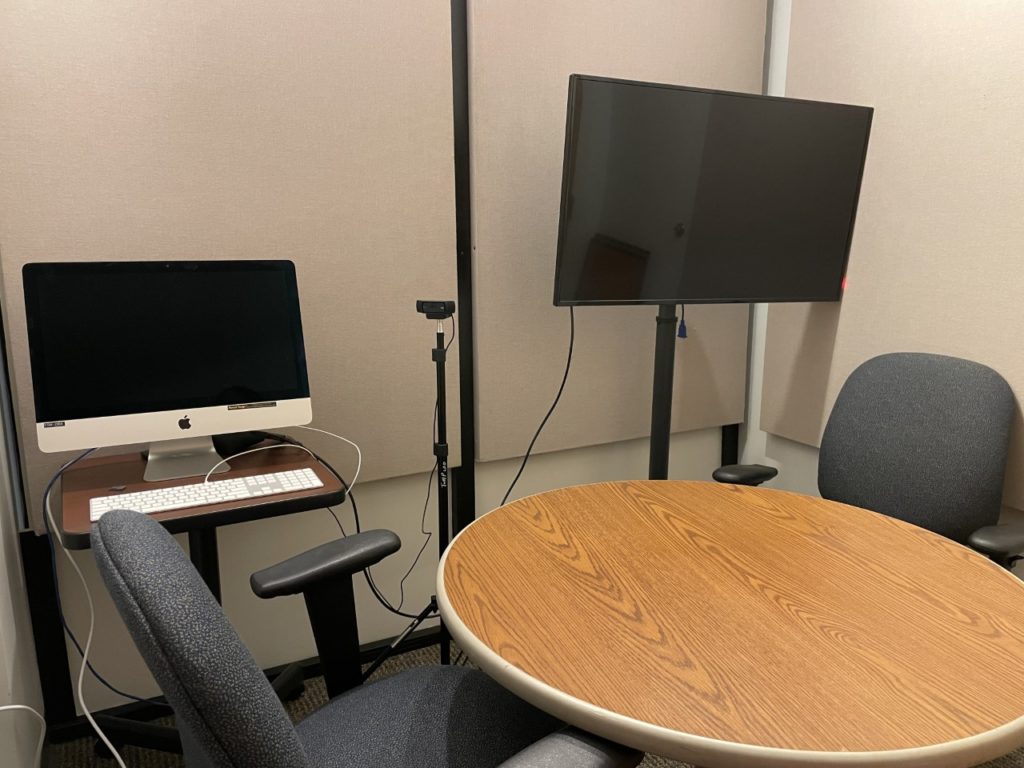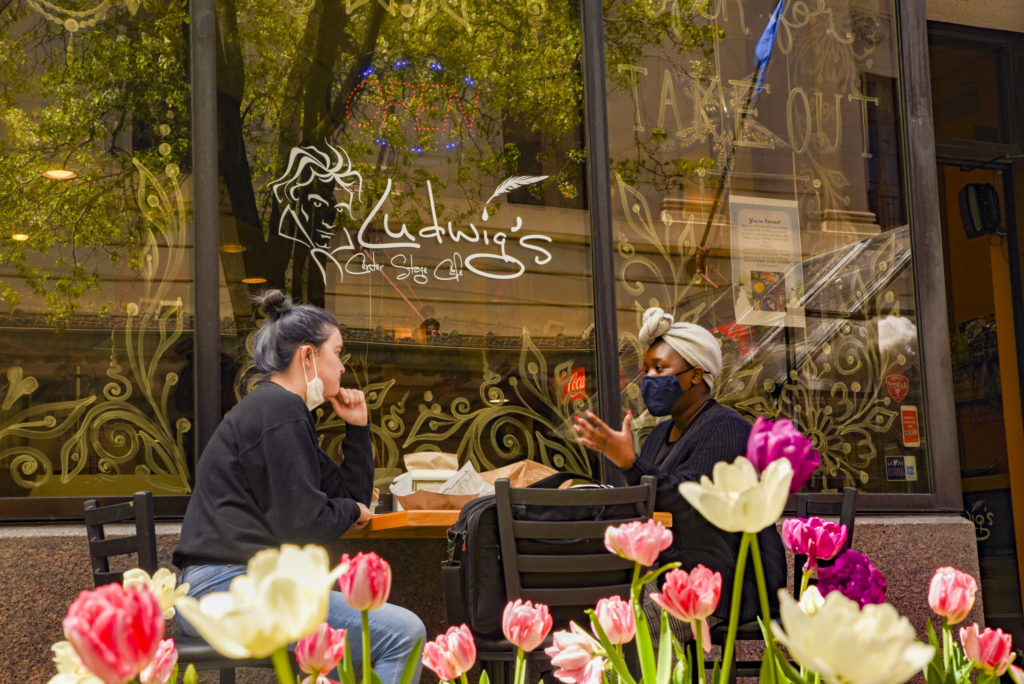Overview

What is an Interview & When Do They Occur?
An interview is a way to get to know another individual. They can be informal or formal in nature and are used for school applications, jobs, internships, awards (like Fulbright), and more. They can vary in length (from 15 minutes up to 3 hours) and can be 1:1 or in a group.
How Do Interviews Occur?
Nowadays, interviews happen in-person, on the phone, or online, and it’s important to prepare for all modalities as they are each unique.
Do you Interview for Performance Jobs?
Sometimes! Institutions like military bands or higher education institutions will often interview performers at different stages of the process.
Steps to Preparing for an Interview
1. Read the Description Carefully
Become as familiar with opportunity you are applying as possible. What words do they use to describe what they are looking for? What themes can you find?
2. Research the Organization
Explore their website, news articles, or social media accounts to learn more about not only the institution, but the people interviewing you. It can help you understand their background and determine best ways of responding to questions.
3. Identify Example Stories
Thinking about steps 1 & 2, identify which experiences your own professional history would be good examples to highlight. Be prepared to tell these stories in short, yet descriptive, ways that could be applied to different types of questions.
4. Write Down Your Questions
An interview is also an opportunity for you to learn about them. ALWAYS have least 2-3 questions at the ready – they will give you time to ask your questions. You could ask about the role, the institution, company culture, expectations, or more!
5. Practice!
Learning how to talk about ourselves is very important and not something we do frequently. We all need to practice telling our stories and describing our abilities! You could practice to a mirror, record yourself, or talk to a friend.
6. Consider the Physical Items
Think about your attire (is it professional? comfortable?) and your location (are you traveling or online?). Make sure you have any technology, notes, water or snacks that might be needed.
Reserve the Interview Room

Have an upcoming phone or Zoom interview and need a quiet space? We can help with that. Our interview room he room has sound proofing, direct internet connection, and a technological set-up including a computer, large TV screen, camera and microphone. Note: It’s only available M-F between 9am-5pm.
Review our Sample Interview Questions
We collected interview questions from faculty, staff, and industry professionals to provide a resources for students to use. Although not comprehensive, it will give you a chance to explore potential areas of interest in different positions.
Additional Tips

Nonverbal Cues are Important
Be mindful of body language. Record yourself or ask a friend to identify your ticks, such as avoiding eye contact, or demonstrate other physical cues that could be distracting.
Avoid Discussing $$
Wait to discuss any salary information until AFTER you’ve been offered the position and are in negotiation phase. Even if they ask YOU what salary you want during the interview, respond by asking what they have budgeted.
You’ll need to prepare for your own salary negotiation, too! We recommend AAUW’s free salary negotiation training – www.aauw.org/resources/programs/salary.
Send a Thank You!
Always follow up after an interview. Whether it’s an in-person or virtual conversation, a response within 1-2 days via email or a thank you card shows your appreciation for being considered and continues to build rapport.
“The Eastman careers center has been an invaluable resource for me during my time at Eastman and beyond. I have consistently checked and made use of the indispensable resources and services they offer. From academic job interview advice and mock interviews, to job posting information and resources, to advice on how to put together a press kit and get started on a website, my young career has been helped a great deal by the excellent services and information they provide!”

William Herzog, ’17E
D.M.A in Performance & Literature in Violin


